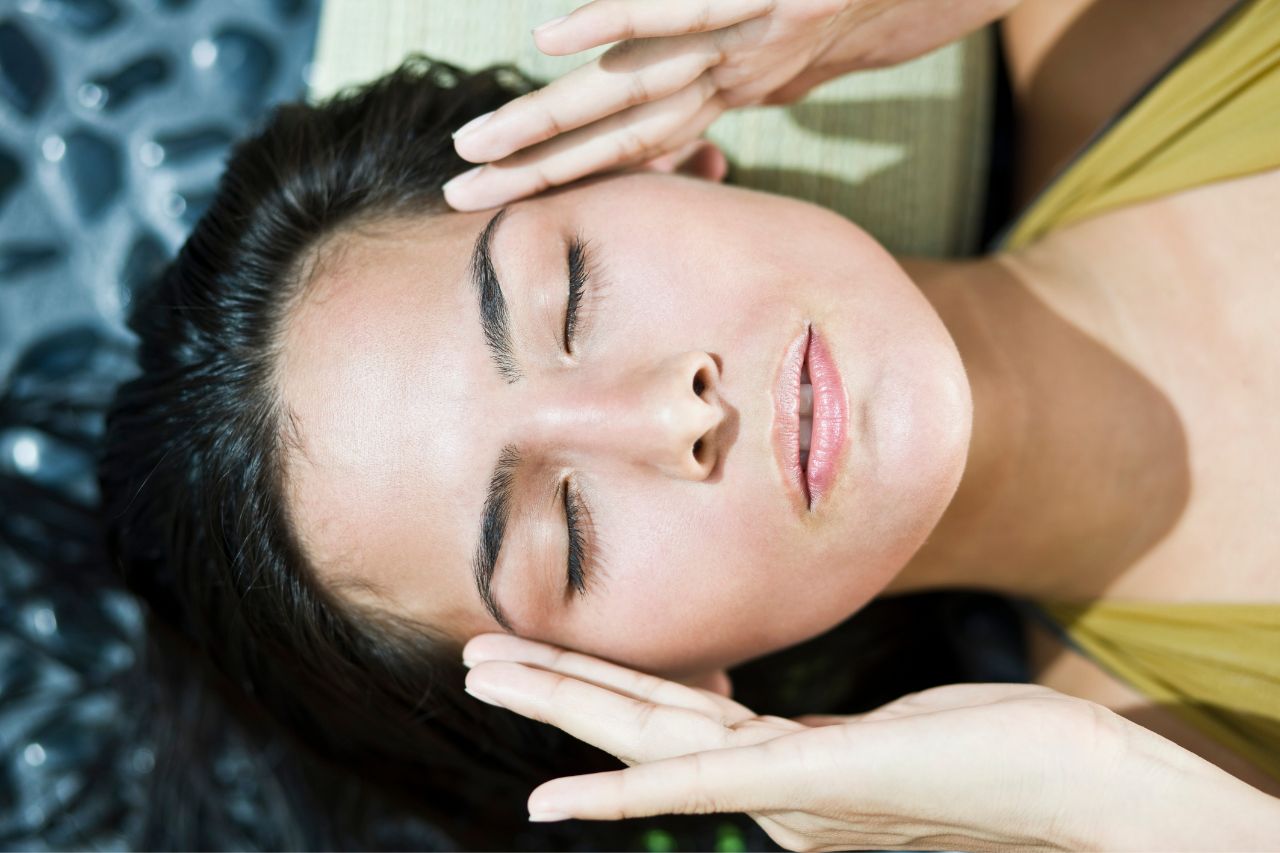Why Am I Dizzy?

Dizziness is a term used to describe sensations including feeling faint, lightheaded, unsteady, or suddenly weak. It may also apply to the feeling your surroundings are spinning or moving.
Dizzy spells are common and a frequent reason for visits to the doctor. They’re rarely caused by a life-threatening condition, but you should seek a diagnosis and treatment if they occur frequently.
What Causes Dizziness?
Your eyes, inner ear, brain, and the nerves in your feet work together to keep you feeling balanced and properly oriented in your environment. If you wonder, “Why am I dizzy and lightheaded?” the answer may be a problem in one or more of those organs and systems.
Common Causes of Dizziness
- Dehydration. Severe dehydration can cause your blood pressure to drop and your brain not to get enough oxygen. To avoid this issue, drink plenty of water throughout the day.
- Low blood sugar. If your blood sugar gets too low, you may experience dizziness, along with intense hunger, sweating, confusion, and shakiness. This problem is most common in people with diabetes, but it can happen to those without the disease. Properly managing your blood sugar if you have diabetes can help keep you from getting dizzy. If you don’t have diabetes, snacking between meals may be helpful.
- Vertigo. This condition affects the inner ear or the part of the brainstem responsible for balance. The most common form is benign paroxysmal positional vertigo or BPPV. Your doctor can prescribe treatments if you’re diagnosed with vertigo.
- Poor circulation. If your heart can’t pump blood effectively due to heart disease or other conditions, you may experience dizziness. Treating the disease and improving your circulation may reduce this risk.
- Infection. If an illness causes inflammation in the nerves in your ears, it can affect your equilibrium or sense of balance. Your risk of dizzy spells decreases once you’ve successfully treated the infection or allowed it to run its course.
- Meniere’s disease. People with this condition have too much fluid in their inner ear. It causes severe vertigo that can last for hours. There’s no cure for Meniere’s disease, but a low-salt diet and medication can help prevent bouts of dizziness.
- Medications. Several types of medication can cause dizziness, including antibiotics, antidepressants, blood pressure medicines, sedatives, anti-seizure drugs, and others. Your doctor may be able to minimize your dizzy spells by prescribing a different medication or a lower dose of your current prescription.
- Nervous system disorders. Conditions like multiple sclerosis and peripheral neuropathy can make you feel dizzy and unsteady. So can brain or inner ear tumors. Treating these conditions can help prevent dizziness.
- Migraine headaches. Migraines can cause dizziness, even if you don’t experience pain. Your doctor can prescribe medications that reduce the risk of migraines.
- Anxiety and stress. People who are anxious or stressed tend to take quick, deep breaths. This breathing pattern reduces blood carbon dioxide, which can cause dizziness. You can avoid getting dizzy by slowing your breathing, calming your mind, and relaxing your body.
What To Do If You Feel Dizzy
If you get dizzy, you shouldn’t simply go about your business wondering, “Why am I dizzy and tired?” Instead, you should:
- Sit or lie down until the feeling goes away.
- Avoid sudden movements.
- Use handrails on stairways or walk close to a wall you can lean on if needed.
- Use a cane or walker to feel more stable.
- Stop driving or operating machinery until the problem resolves.
- Get out of the heat and sip some water if you think that may be a factor in your dizziness.
- Avoid tobacco, caffeine, and alcohol, which can cause or worsen dizziness.
It’s also a good idea to reduce the effect of dizzy spells by regularly performing exercises like yoga and Tai Chi that improve balance.
Get Immediate Medical Attention with These Additional Symptoms
A brief dizzy spell with no other symptoms generally isn’t a cause for concern. However, if you experience dizziness along with any of these symptoms or conditions, you should seek medical care immediately:
- Chest pain
- High fever
- Irregular heart rate or rhythm
- Seizure
- Trouble breathing
- Head injury
- Vomiting
- Headache that’s different or more intense than usual
- Stiff neck
- Trouble seeing, hearing, or speaking
- Weakness or numbness in your face, arm, or leg
Get Help with Dizzy Spells from Baptist Health
Your primary care physician can determine why you’re getting dizzy and prescribe a treatment to address the problem. Contact them if you have concerns about frequent or severe dizziness.
If you don’t have a Baptist Health doctor, you can find one using our online provider directory.



